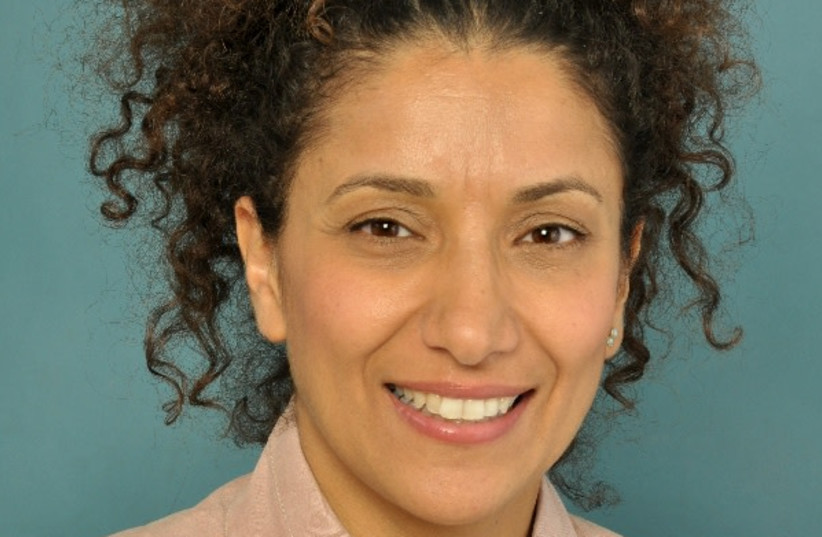Going to the beach and paying high prices for a sandwich, dessert and a cold drink is becoming more and more expensive, and it turns out that men – more than women – are the ones who demand more food while spending their time in the sun.
A new study combines a survey on the eating habits of some 3,000 Israelis during the summer with a genetic study in a lab model.
The findings indicate that in males, sun exposure activates a protein called p53 that signals the body to produce ghrelin – a hormone that stimulates the appetite. In females, the hormone estrogen blocks the interaction between p53 and ghrelin and thus does not catalyze the urge to eat after being in the sun.
The new study from Tel Aviv University (TAU) reveals that solar exposure increases appetite in males, but not in females. Conducted on lab models, the study unravels the differences between males and females in the activation of the metabolic mechanism. The researchers explain that in males of both animal species and humans, sun exposure activates a protein called p53, in order to repair any DNA damage in the skin that might have been caused by the exposure. The activation of p53 signals the body to produce a hormone called ghrelin, which stimulates the appetite. In females, the hormone estrogen blocks the interaction between p53 and ghrelin, and consequently does not catalyze the urge to eat following exposure to the sun.
The groundbreaking study, just published in the prestigious journal Nature Metabolism under the title “Food-seeking behavior is triggered by skin ultraviolet exposure in males,” was led by Prof. Carmit Levy and doctoral student Shivang Parikh of the human genetics and biochemistry department and Dr. Yiftach Gepner and Dr. Lior Bikovski from TAU’s Sackler Faculty of Medicine. It was conducted in collaboration with many researchers in Israel and abroad, including contributors from Tel Aviv Sourasky Medical Center, Assuta Ashdod Hospital, Meir Medical Center in Kfar Saba and Sheba Medical Center at Tel Hashomer, along with Prof. Aron Weller of Bar-Ilan University in Ramat Gan.
The study was based on epidemiological data collected in a year-long survey about the eating habits of 3,000 Israelis of both genders, including self-reports from students who had spent time in the sun, combined with the results of a genetic study in a lab model. The findings identify the skin as a primary regulator of energy and appetite in both lab animals and humans.
“We examined the differences between men and women after sun exposure and found that men eat more than women because their appetite has increased. Our study was the first gender-dependent medical study ever conducted on UV exposure, and for the first time, the molecular connection between UV exposure and appetite was deciphered. Gender-dependent medical studies are particularly complex, since twice the number of participants is required to find statistically significant differences.”
Dr. Carmit Levy
The dramatic metabolic difference between sexes
There is a dramatic metabolic difference between males and females, impacting both their health and their behavior, the authors wrote. But so far it has not been determined whether they respond differently to environmental triggers such as exposures to the sun’s ultraviolet (UV) radiation.
“We examined the differences between men and women after sun exposure and found that men eat more than women because their appetite has increased. Our study was the first gender-dependent medical study ever conducted on UV exposure, and for the first time, the molecular connection between UV exposure and appetite was deciphered. Gender-dependent medical studies are particularly complex, since twice the number of participants is required to find statistically significant differences,” Levy said.
Health benefits from solar radiation have been attributed to vitamin D4, but two recent large-scale clinical trials showed that vitamin D alone was not linked to a reduced risk of cardiovascular disease, death from all causes and invasive cancer. These findings indicate that at least some of the health benefits of sunlight are independent of vitamin D, they wrote.
“As humans, we have cast off our fur and consequently, our skin – the largest organ in our body – is exposed to signals from the environment. The protein p53, found in the skin, repairs damage to the DNA caused by sun exposure, but it does more than that; it signals to our bodies that winter is over and we are out in the sun, possibly in preparation for the mating season. Our results provide an encouraging basis for more research, on both human metabolism and potential UV-based therapies for metabolic diseases and appetite disorders,” he concluded.

